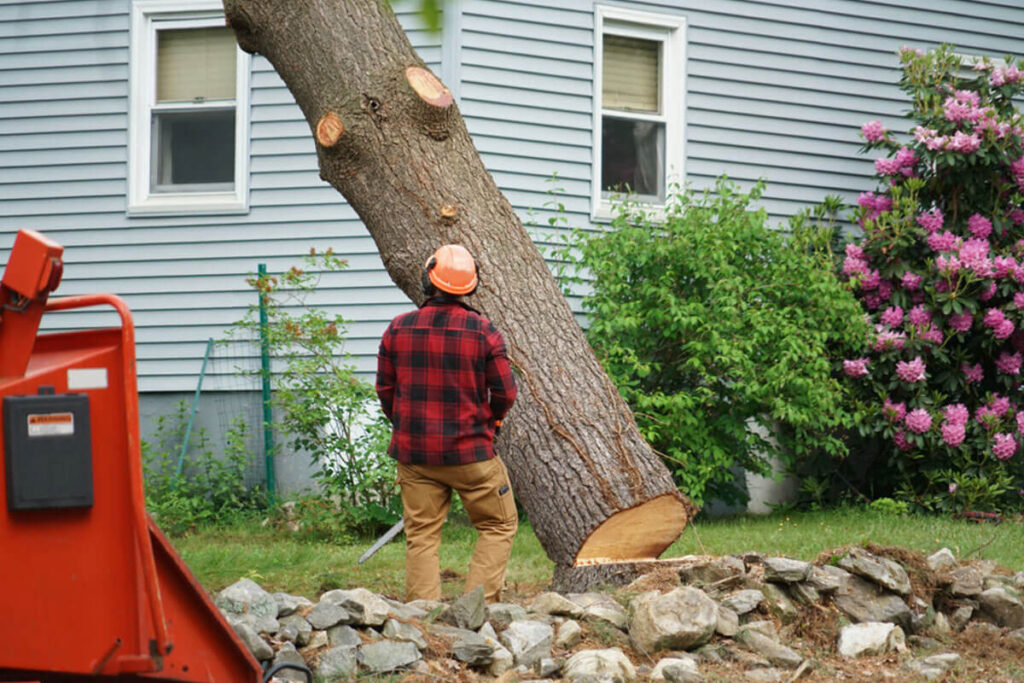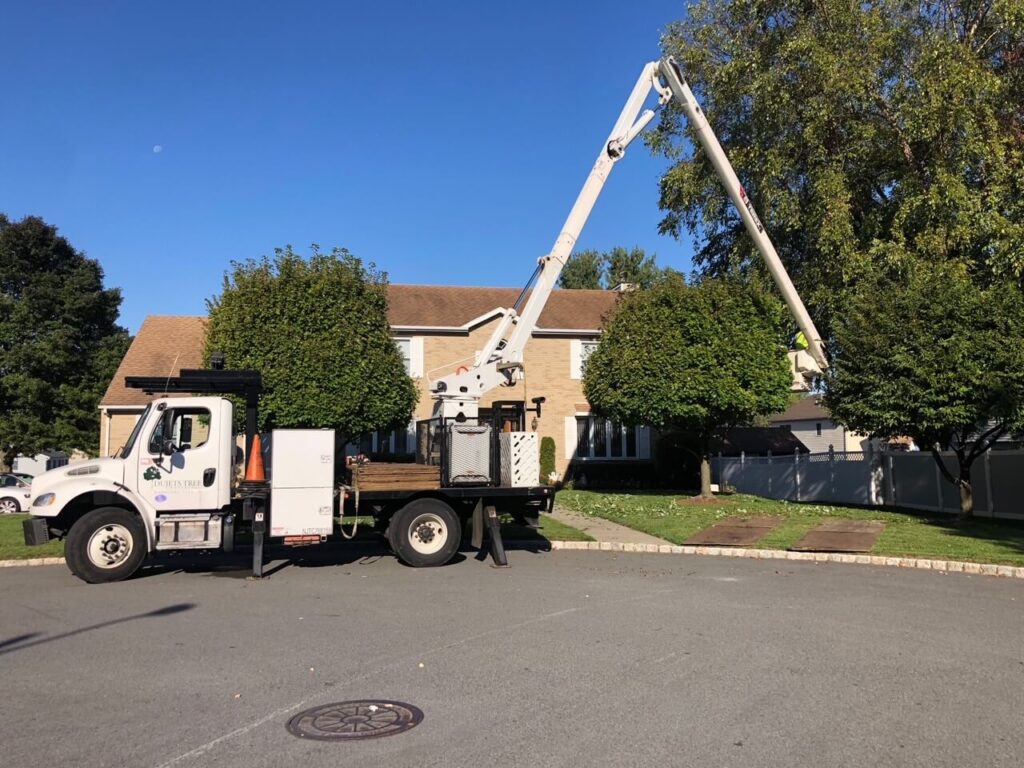Embracing Sustainability in Your Garden
In the vibrant world of gardening, there’s a growing movement towards sustainability. As more people become environmentally conscious, it’s only natural that these eco-friendly practices find their way into the realm of gardening. While we often think of recycling, reusing, and reducing waste in our daily lives, it’s equally important to apply these principles to our outdoor spaces. In this article, we’ll explore ways to reduce, reuse, and recycle in your garden, with a special focus on environmentally responsible practices like tree removal in Sydney.
The Importance of Sustainability in Gardening
Sustainable gardening is about working in harmony with nature, rather than against it. It’s a practice that reduces our environmental footprint, conserves resources, and creates a healthier ecosystem in our gardens. This concept extends to tree removal Sydney, which can be necessary for safety or development reasons.
When you consider tree removal in Sydney, it’s vital to do so responsibly. This includes ensuring that the tree’s wood is repurposed or recycled rather than wasted. Here are some ways to embrace sustainability in your garden:
1. Responsible Tree Removal and Recycling:
Sometimes, tree removal is necessary due to disease, safety concerns, or land development. When this happens, consider these eco-friendly steps:
Wood Recycling
Rather than sending tree wood to a landfill, explore opportunities for recycling. Wood chips can be used as mulch, while larger logs might be repurposed for furniture, firewood, or even artistic creations.
Replanting
If a tree must be removed, consider planting a new tree in its place. This helps maintain the green cover and biodiversity in your garden. Learn more about tree removal services performed by experts.
2. Composting:
One of the simplest and most effective ways to reduce waste in your garden is through composting. Composting is the process of turning organic materials like kitchen scraps, yard waste, and dead plants into nutrient-rich compost. This compost can then be used to enrich your garden’s soil. It reduces the need for chemical fertilizers and minimizes the amount of waste you send to landfills.
3. Mulching:
Mulch serves various purposes in your garden, such as conserving moisture, controlling weeds, and regulating soil temperature. By using organic mulch like wood chips or leaves, you’re effectively reusing materials and reducing the need for synthetic alternatives.
4. Rain Barrels:
Collecting rainwater in barrels is an excellent way to reduce water consumption and lower your utility bills. Rainwater is naturally soft and free from the chemicals often found in tap water. It can be used for watering your garden, reducing the need for potable water.
5. Upcycling and Reusing:
Get creative with upcycling by reusing items for garden projects. Old furniture can be given a new lease of life with a fresh coat of paint and repurposed as garden seating. Similarly, containers like tin cans or wooden crates can be used for planting herbs or flowers.

6. Native Planting:
When selecting plants for your garden, consider native species. Native plants are adapted to the local climate and require less water and maintenance. They also support local wildlife, contributing to a balanced ecosystem.
7. Eco-Friendly Pest Control:
Instead of resorting to chemical pesticides, explore eco-friendly pest control options. This might include introducing beneficial insects, using companion planting techniques, or making natural pest repellents.
8. Organic Gardening Practices:
Embrace organic gardening techniques that reduce the use of synthetic fertilizers and pesticides. Composting, mulching, and companion planting can all help maintain a healthy garden without harming the environment.
Conclusion
Sustainable gardening is not just a trend; it’s a responsible and eco-conscious way to care for your garden and the planet. Whether you’re dealing with tree removal in Sydney or selecting plants for your garden, every decision can be made with sustainability in mind. By reducing, reusing, and recycling in your garden, you’ll not only create a beautiful outdoor space but also contribute to a more environmentally friendly world. So, let your garden be a haven for sustainability, where every plant and practice plays a part in conserving the Earth’s precious resources.

